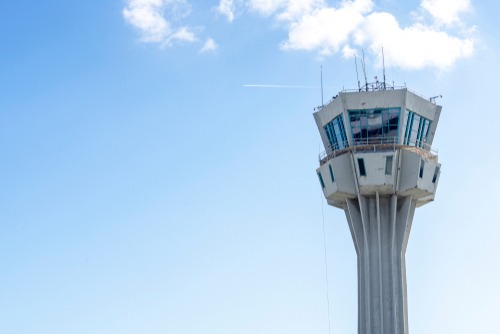
U.S. Sen. Ted Cruz (R-Texas) wants answers about what the U.S. Department of Transportation is doing to address congestion and air traffic controller shortages.
In a letter to U.S. Transportation Secretary Pete Buttigieg, Cruz, the ranking member of the U.S. Senate Commerce Committee, ask for information on how the Federal Aviation Administration is handling long-standing shortages and congestion in the New York region. The letter comes after Buttigieg called on air carriers to reduce flight schedules to the East Coast by 10 percent between May 15 and Sept. 15, the peak summer travel season. Cruz said this reduction could potentially reduce customer choices and increase air travel prices.
“Last month, the Federal Aviation Administration (FAA) asked air carriers to reduce their flight schedules by 10 percent in the New York region during peak summer travel from May 15 to September 15 due to an air traffic controller staffing shortage,” Cruz wrote. “The FAA issued a notice on March 22, 2023, to waive the slot usage requirements and prevent air carriers from being penalized for complying with requested flight reductions. The FAA claimed this staffing shortage is from the effects of the COVID-19 pandemic, however, this problem is a direct result of the FAA’s own failure to solve long-running staff shortages in the New York-New Jersey Terminal Radar Approach Control (TRACON). As a result, the price of airfare will almost certainly rise, and competition will decrease at some of our country’s busiest airports.”
Reports indicate staffing at the air traffic control center in New York is at 54 percent, well below the national average of 81 percent. Due to the shortages, the FAA has asked major airlines to cut their service and offered incentives to do so, a move Cruz said was “unprecedented.”
In the letter, Cruz requested the FAA provide details surrounding the efforts to mitigate air traffic controller shortages, as well as details on what safeguards are in place to prevent future reductions and whether the same traffic reductions could be anticipated to happen during the holiday travel season over Thanksgiving and Christmas.